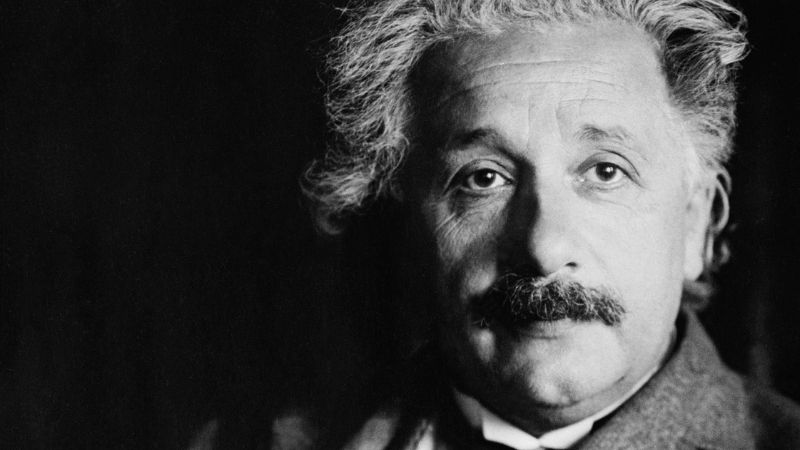544
Ancient Period (Before 500 CE)
- c. 624–546 BCE: Thales of Miletus – Considered the first known philosopher-scientist; proposed natural explanations for phenomena (e.g., water as the fundamental substance).
- c. 570–495 BCE: Pythagoras – Mathematician and philosopher; known for the Pythagorean theorem and linking numbers with nature.
- c. 460–370 BCE: Democritus – Early atomic theory: all matter made of indivisible atoms.
- 384–322 BCE: Aristotle – Made contributions in biology, physics, astronomy, and logic; developed geocentric cosmology.
- c. 287–212 BCE: Archimedes – Inventor and mathematician; formulated laws of levers and buoyancy.
- c. 100 CE: Claudius Ptolemy – Astronomer and geographer; authored the Almagest, a geocentric model of the universe.
- c. 200–400 CE: Galen – Greek physician whose anatomical studies influenced medicine for centuries.
Medieval Islamic and European Science (500–1500)
- c. 980–1037: Avicenna (Ibn Sina) – Persian polymath; wrote The Canon of Medicine and works on astronomy and philosophy.
- 965–1040: Alhazen (Ibn al-Haytham) – Considered the father of optics; emphasized the scientific method and experimentation.
- 1126–1198: Averroes (Ibn Rushd) – Commentator on Aristotle; wrote on medicine, astronomy, and physics.
- c. 1200s: Roger Bacon – English philosopher who advocated empiricism and experimentation in science.
- c. 1220–1292: Albertus Magnus – One of the earliest scholars to synthesize Aristotelian philosophy with Christian thought; worked in biology and natural sciences.
Renaissance and Early Modern Period (1500–1700)
- 1473–1543: Nicolaus Copernicus – Proposed the heliocentric model of the solar system.
- 1561–1626: Francis Bacon – Philosopher of science; promoted inductive reasoning and the scientific method.
- 1571–1630: Johannes Kepler – Developed the three laws of planetary motion.
- 1564–1642: Galileo Galilei – Pioneer of observational astronomy; confirmed heliocentrism, studied motion and mechanics.
- 1596–1650: René Descartes – Mathematician and philosopher; invented Cartesian coordinates, applied mathematics to physics.
- 1627–1691: Robert Boyle – Founder of modern chemistry; formulated Boyle’s law regarding gases.
- 1643–1727: Isaac Newton – Formulated laws of motion and universal gravitation; co-invented calculus; major work in optics and mathematics.
18th Century Enlightenment and Discovery
- 1707–1778: Carl Linnaeus – Developed the modern taxonomy and classification of living organisms.
- 1706–1790: Benjamin Franklin – Studied electricity; famous for kite experiment; invented lightning rod.
- 1736–1819: James Watt – Improved the steam engine; key figure in the Industrial Revolution.
- 1743–1794: Antoine Lavoisier – Father of modern chemistry; discovered the role of oxygen in combustion and named elements.
- 1766–1844: John Dalton – Proposed atomic theory of matter; studied gases and chemical reactions.
19th Century – Expansion of Scientific Disciplines
- 1791–1867: Michael Faraday – Discovered electromagnetic induction and electrolysis; contributed to understanding of electricity and magnetism.
- 1809–1882: Charles Darwin – Developed the theory of evolution by natural selection.
- 1815–1864: George Boole – Developed Boolean algebra; foundational to computer science and logic.
- 1822–1895: Louis Pasteur – Germ theory of disease; developed pasteurization and vaccines.
- 1822–1884: Gregor Mendel – Father of genetics; discovered basic laws of heredity.
- 1831–1879: James Clerk Maxwell – Formulated classical theory of electromagnetic radiation.
- 1845–1923: Wilhelm Röntgen – Discovered X-rays.
- 1856–1943: Nikola Tesla – Invented AC motor and wireless technology; contributed to electricity and electromagnetism.
- 1867–1934: Marie Curie – Pioneered radioactivity research; first woman to win a Nobel Prize, and the only to win in two sciences.
20th Century – Revolution in Physics, Chemistry, and Biology
- 1871–1937: Ernest Rutherford – Discovered the nucleus; father of nuclear physics.
- 1879–1955: Albert Einstein – Theory of relativity; mass-energy equivalence (E=mc²); foundational figure in modern physics.
- 1882–1944: Max Born – Key figure in quantum mechanics; statistical interpretation of the wave function.
- 1887–1961: Erwin Schrödinger – Developed wave mechanics; known for Schrödinger’s cat thought experiment.
- 1891–1974: James Chadwick – Discovered the neutron.
- 1901–1976: Werner Heisenberg – Developed matrix mechanics; formulated the uncertainty principle.
- 1910–2002: Rosalind Franklin – Used X-ray diffraction to photograph DNA; critical to discovery of the double helix.
- 1916–2004: Francis Crick – Co-discoverer of DNA structure (with James Watson).
- 1928–: James Watson – Co-discoverer of the double helix structure of DNA.
- 1902–1984: Paul Dirac – Theoretical physicist who predicted the existence of antimatter.
21st Century – Ongoing Innovations
- Stephen Hawking (1942–2018) – Theoretical physicist; work on black holes and cosmology; author of A Brief History of Time.
- Jane Goodall (b. 1934) – Primatologist; revolutionized the study of chimpanzees and animal behavior.
- Craig Venter (b. 1946) – Biologist and geneticist; helped sequence the human genome.
- Jennifer Doudna (b. 1964) – Co-developer of CRISPR-Cas9 gene editing technology.
- Donna Strickland (b. 1959) – Nobel Prize in Physics (2018) for work on chirped pulse amplification in laser physics.
- Katalin Karikó (b. 1955) – Key figure in the development of mRNA vaccine technology used in COVID-19 vaccines.
Summary Timeline Table
| Century | Notable Scientists |
|---|---|
| Ancient (Pre-500) | Aristotle, Archimedes, Ptolemy, Galen |
| Medieval (500–1500) | Avicenna, Alhazen, Roger Bacon |
| Renaissance | Copernicus, Galileo, Kepler, Descartes, Newton |
| 18th Century | Linnaeus, Lavoisier, Franklin, Watt |
| 19th Century | Darwin, Faraday, Pasteur, Mendel, Maxwell |
| 20th Century | Einstein, Curie, Bohr, Schrödinger, Watson & Crick |
| 21st Century | Hawking, Goodall, Doudna, Karikó, Strickland |

